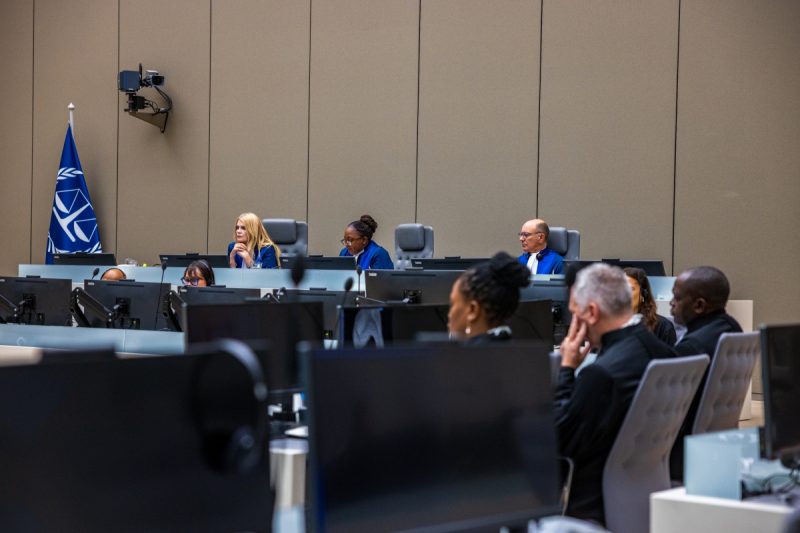By Christina Bradic
Managing Editor of Impunity Watch
The Hague, Netherlands – The International Criminal Court (ICC) has rejected Israel’s appeal against the arrest warrants issued for Prime Minister Benjamin Netanyahu and Defense Minister Yoav Gallant, reaffirming that the matter raised “was not an appealable issue.” The decision, delivered by the ICC’s Appeals Chamber, marks another procedural loss for Israel as it continues to contest the Court’s jurisdiction over alleged crimes committed during the war in Gaza.

The warrants, first authorized by Pre-Trial Chamber I in November 2024, allege that Netanyahu and Gallant bear individual criminal responsibility for war crimes and crimes against humanity under Articles 7 and 8 of the Rome Statute. The Prosecutor’s Office, led by Karim A. A. Khan KC, claims the two officials oversaw policies that resulted in intentional attacks on civilians and the use of starvation as a method of warfare. Israel, a non-party to the Statute, has repeatedly argued that the ICC lacks jurisdiction because the State of Palestine does not meet the criteria of statehood under international law.
In its latest ruling, the Appeals Chamber underscored that Israel’s appeal sought to contest a prior interlocutory finding rather than a final decision. The judges held that “issues of admissibility or jurisdiction may only be raised through established procedural channels” and that Israel’s filing did not meet that threshold. While the Chamber’s reasoning was narrowly procedural, the outcome effectively preserves the status quo—Netanyahu and Gallant remain subjects of outstanding arrest warrants enforceable by ICC member states.
Legal observers note that the Court’s ruling reinforces the autonomy of the Prosecutor and the Pre-Trial Chamber to proceed with cases involving non-member states when crimes are alleged on the territory of a State Party. In 2021, the ICC determined that its territorial jurisdiction extends to Gaza, the West Bank, and East Jerusalem following Palestine’s 2015 accession to the Rome Statute. That determination remains a cornerstone of the ongoing proceedings, despite diplomatic pushback from Israel and the United States.
Reactions to the ruling were sharply divided. Israeli officials denounced the decision as “an assault on sovereignty,” while human rights groups welcomed it as a reaffirmation of judicial independence. “This outcome demonstrates that even powerful states cannot unilaterally shield their leaders from accountability,” said one Hague-based legal expert, noting that procedural formalism often masks deeper questions about global inequality in international justice.
The rejection also raises questions about enforcement. Neither Israel nor the United States is obligated to cooperate with the ICC, and previous attempts to execute warrants against sitting heads of state, such as Sudan’s Omar al-Bashir, have faced political resistance. Still, the ICC’s position signals its intent to uphold jurisdictional consistency, even amid geopolitical pressure.
As proceedings move forward, the Court is expected to revisit admissibility and complementarity issues, including whether ongoing Israeli investigations preclude ICC intervention. For now, the ruling underscores a familiar tension in international criminal law: between law’s universality and the limits imposed by state sovereignty.
For further information, please see:
JNS – ICC rejects Israeli appeal of Netanyahu, Gallant arrest warrants – October 18, 2025

![From left, the heads of state of the three countries: Mali's Assimi Goita, Niger's General Abdourahamane Tchiani and Burkina Faso's Captain Ibrahim Traore [File: Mahamadou Hamidou/Reuters]](https://img-s-msn-com.akamaized.net/tenant/amp/entityid/AA1N98ke.img?w=768&h=525&m=6&x=1567&y=763&s=1220&d=251)
